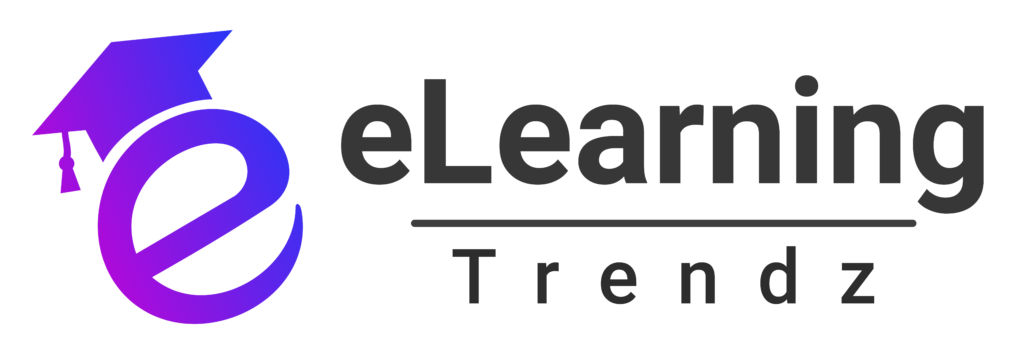In today’s rapidly evolving corporate landscape, hyper-personalized eLearning has emerged as a game-changer. By leveraging the power of artificial intelligence (AI), organizations can create customized learning experiences that adapt to each learner’s behavior, preferences, and needs. This shift is transforming traditional corporate eLearning into a more engaging and effective training method. In this blog post, we’ll explore how AI is driving hyper-personalized eLearning, and how AI-powered content authoring tools can optimize learning outcomes, boost employee engagement, and streamline content creation.
What is Hyper-Personalized eLearning?
Hyper-personalized eLearning refers to the process of tailoring learning experiences to the unique needs, learning styles, and behavior patterns of each individual learner. Unlike traditional eLearning methods, which often deliver the same content to all learners, hyper-personalized eLearning uses data-driven insights to modify the learning experience in real-time. This allows learners to receive content that is relevant, engaging, and designed to help them progress at their own pace. By tracking and analyzing learner behavior, AI can adjust content delivery, suggest appropriate learning materials, and create a more customized learning journey.
The Role of AI in Hyper-Personalized eLearning
AI-powered eLearning authoring tools play a central role in the development of hyper-personalized learning pathways. By analyzing a learner’s actions, engagement, and performance data, AI algorithms can automatically adjust content to meet their specific needs. Here are some key ways AI is shaping hyper-personalized eLearning:
1. Analyzing Learner Behavior
AI can track learner interactions with training content, identifying patterns in behavior such as time spent on each module, areas of difficulty, and preferred learning methods. This data is used to tailor content and recommend specific resources that match the learner’s needs. For example, if a learner is struggling with a particular concept, AI can suggest additional materials or adjust the complexity of subsequent content. By continuously analyzing employee engagement, AI can help ensure that learners stay on track and remain motivated throughout their journey.
2. Dynamic Content Delivery
AI’s ability to dynamically deliver content is a key feature of hyper-personalized eLearning. As learners interact with training materials, AI-powered systems adapt the content based on their real-time needs. For instance, if an employee excels in a particular topic, the system can accelerate their learning by providing more advanced content. Conversely, if an employee is struggling, the AI system can provide supplementary materials or simplify the content. This dynamic content delivery not only improves engagement but also helps learners progress efficiently, reducing the risk of frustration or disengagement.
3. Personalized Learning Paths
AI enables the creation of individualized learning paths based on each learner’s preferences, past performance, and career goals. These personalized learning journeys ensure that employees receive the training they need to grow in their specific roles, making learning more relevant and targeted. By analyzing learners’ strengths and weaknesses, AI can suggest a tailored curriculum that aligns with both personal and organizational objectives, fostering long-term development and success.
4. Enhancing Employee Engagement
One of the primary challenges in corporate eLearning is maintaining employee engagement. Traditional learning methods often lead to boredom or lack of interest, especially when content is irrelevant or too generic. With hyper-personalized eLearning, AI keeps learners engaged by presenting content that is meaningful, interactive, and aligned with their needs. The ability to receive real-time feedback, challenge learners at the right level, and suggest new learning materials ensures that employees remain motivated and actively involved in their development.
AI-Powered Content Authoring Tools for eLearning
Content authoring tools for eLearning powered by AI enable instructional designers to create tailored, adaptive content with ease. These tools streamline the development process by automating time-consuming tasks, such as creating quizzes, generating assessments, and personalizing learning materials. AI-driven authoring tools analyze learner data and automatically suggest adjustments to content, ensuring that the learning experience is always optimized. Here’s how AI-powered authoring tools contribute to hyper-personalized eLearning:
1. Automated Content Creation
AI-powered authoring tools can automatically generate learning modules, quizzes, and assessments based on predefined criteria or learner data. This automation accelerates content development, allowing instructional designers to focus on more strategic tasks. For example, the AI system can generate new learning materials based on gaps identified in a learner’s knowledge or suggest alternative ways to present content to enhance understanding.
2. Intelligent Content Personalization
AI authoring tools use learner data to personalize content, ensuring that each employee receives training tailored to their specific needs and learning styles. The tools analyze data such as learning preferences, performance, and engagement to adjust the content dynamically. Whether it’s presenting text-based material, videos, or interactive simulations, AI-powered content authoring tools ensure that content is always relevant and engaging for the learner.
3. Real-Time Adaptation
AI-driven authoring tools can adapt the content in real-time based on learner behavior. If an employee consistently struggles with a particular concept, the system can automatically adjust the content to offer more support. Similarly, if an employee excels, the system can present more advanced content to keep them engaged. This adaptability ensures that each learner receives the right level of challenge, keeping them motivated and progressing through the material efficiently.
The Future of Hyper-Personalized eLearning
As AI technology continues to evolve, the potential for hyper-personalized eLearning grows exponentially. The future of corporate training will likely include even more sophisticated AI systems that can track not only learner behavior but also emotional and cognitive states, providing even deeper insights into how employees learn. The integration of AI with technologies such as virtual reality (VR) and augmented reality (AR) will offer highly immersive, real-world learning experiences that are customized to each employee’s needs. Additionally, AI will continue to improve employee engagement by providing more interactive, gamified learning experiences.
The Rise of Adaptive Learning Systems
The future of corporate training will be marked by adaptive learning systems that evolve with each employee. By continuously analyzing data from various sources, AI systems will create a continuously updating learning path that adapts to the learner’s progress and challenges. This level of personalization will ensure that every learner receives the right content at the right time, increasing efficiency and overall learning outcomes.
Greater Integration with Corporate Learning Ecosystems
In the future, hyper-personalized eLearning will become more integrated into broader corporate learning ecosystems. AI systems will be able to sync with HR software, performance management tools, and learning management systems (LMS) to deliver a holistic approach to employee development. This integration will ensure that all aspects of an employee’s career, from onboarding to continuous development, are aligned with their learning needs and career goals.
Conclusion
AI-driven hyper-personalized eLearning is transforming corporate training by tailoring content to individual learner needs, improving employee engagement, and boosting overall productivity. With AI-powered content authoring tools and adaptive learning systems, organizations can create highly personalized and effective learning experiences that drive employee growth and success. As AI technology continues to evolve, the future of eLearning holds even greater potential for customization, interactivity, and learner engagement. Organizations that embrace these advancements will be better equipped to nurture a skilled, motivated, and future-ready workforce.













